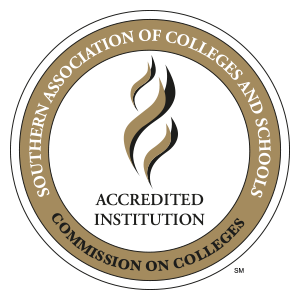Radiologic Sciences Degree Overview
The Bachelor of Science in Radiologic Sciences (B.S.R.S.) program at ECPI University is designed for ARRT-registered radiographers seeking to expand their expertise and pursue opportunities in leadership, education, or administrative roles within the radiology field.
Aligned with the curriculum guidelines of the American Society of Radiologic Technologists (ASRT), this fully online program allows students to build upon their existing radiography knowledge. The curriculum includes advanced topics such as imaging modalities, healthcare leadership principles, and administrative practices. Students will also explore strategies for effective communication, team management, and decision-making in radiologic settings.
The program’s flexible online format is tailored to accommodate working professionals, allowing them to balance their education with personal and professional commitments.
With ECPI University’s year-round, accelerated schedule, you could earn your Bachelor of Science in Radiologic Sciences in as little as 11-months.




 ECPI University is accredited by the Southern Association of Colleges and Schools Commission on Colleges (SACSCOC) to award associate, baccalaureate, and master’s degrees. ECPI University also offers credentials such as certificates and diplomas at approved degree levels.
ECPI University is accredited by the Southern Association of Colleges and Schools Commission on Colleges (SACSCOC) to award associate, baccalaureate, and master’s degrees. ECPI University also offers credentials such as certificates and diplomas at approved degree levels.
